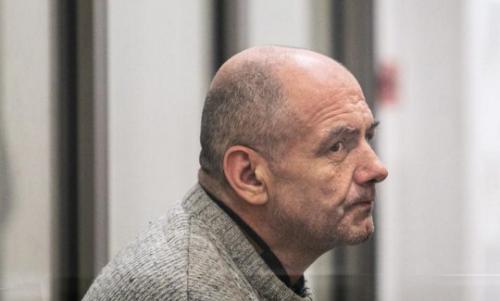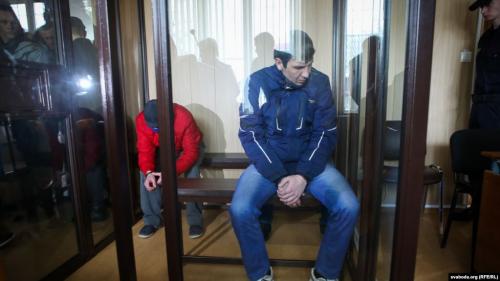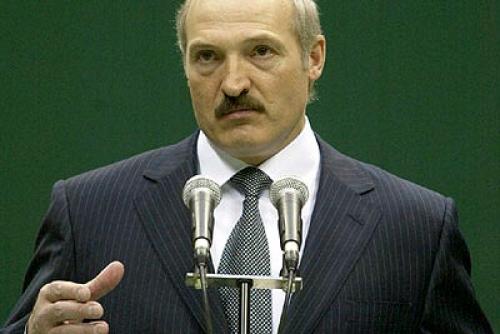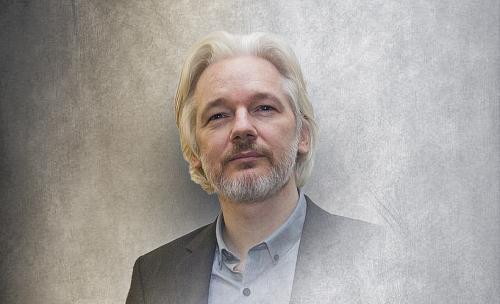government: republic in name, although in fact a dictatorship
state of civil and political rights: Not free
constitution: 30 March 1994; revised by national referendum of 24 November 1996 giving the presidency greatly expanded powers and became effective 27 November 1996; revised again 17 October 2004 removing presidential term limits
legal system: based on civil law system
legislative system: bicameral National Assembly (Natsionalnoye Sobranie) consists of the Council of the Republic (Soviet Respubliki) and the Chamber of Representatives (Palata Predstaviteley)
judicial system: Supreme Court, judges are appointed by the president; Constitutional Court, half of the judges appointed by the president and half appointed by the Chamber of Representatives
religion: Orthodox 48.3%, Catholic 7.1%, other 3.5%
death row: 2 (31 December 2018)
year of last executions: 0-0-0
death sentences: 4
executions: 0
international treaties on human rights and the death penalty:International Covenant on Civil and Political Rights
1st Optional Protocol to the Covenant
Convention on the Rights of the Child
Convention Against Torture and Other Cruel, Inhuman or Degrading Treatment or Punishment
situation:The death penalty in Belarus is envisaged for 14 crimes, ranging from murder to terrorism, crimes against humanity and a number of military crimes. Article 24 of the Constitution reads that “the death penalty can be applied as an exceptional measure of punishment for grave crimes in accordance with the law and only under court sentences until it is abolished.”
Belarusian President Alexander Lukashenko has also been sharply criticized in the West for his authoritarian rule. Partly due to the country’s stance on the death penalty, the Parliamentary Assembly of the Council of Europe (PACE) suspended Belarus’ special guest status in January 1997. In a 1996 referendum, which was not recognised by the international community due to serious irregularities, the majority of voters (80.44%) voiced their support for the continued use of the death penalty.
A total of 407 people are known to have been executed in the history of independent Belarus. Only one of these convicts was pardoned by Alyaksandr Lukashenka.
In 2018, 4 executions were carried out and 2 people were on death row at the end of the year, Alexander Zhilnikov and Vyacheslav Sukharko. In 2017, there were 2 executions.
In 2015, there were no reports of judicial executions carried out in Belarus. However, it resumed executions in 2016 with 4 executions and 4 new death sentences issued. Two men, were in death row at the end of 2016, Syarhey Vostrykau and Kiryl Kazachok.
At least 3 executions were carried out in 2014. In 2013, for the first time in many years, Belarus had not practiced the death penalty. In 2012, there were at least 3 executions. In 2011, two men were executed for murder and another two murderers were executed in 2010. In 2009, there were no executions, while four people were executed in 2008 and 1 in 2007.
Top secret death
Information about the death penalty is classed as a State secret. Prisoners on death row are told they will be executed only moments before the sentence is carried out. They are shot in the back of the head. Convict’s relatives are not informed of the date or place of execution even after the event, the body is not returned to the family and the place of burial is not disclosed. Sometimes, executions are reported months after the fact.
The United Nations
On 4 May 2015, Belarus was reviewed under the Universal Periodic Review of the UN Human Rights Council. The Government accepted recommendations to consider introducing a moratorium on the use of the death penalty with a view to its permanent abolition, and to carry out public campaigns explaining the arguments for the abolition with the aim of ratifying the Second Optional Protocol to the International Covenant on Civil and Political Rights.
On 12 December 2018, in a joint statement with the Special Rapporteur on the situation of human rights in Belarus, and the UN Special Rapporteuron extrajudicial, summary or arbitrary executions said that, since 2010, Belarus has executed 13 people whose cases were under examination by the UN Human Rights Committee, which had appealed to Belarus not to carry out sentencing on Aleksei Mikhalenya, Semyon Berezhnoi and Igor Gershankov, while it examined their cases.
On 16 December 2020, Belarus abstained again on the Resolution on a Moratorium on the Use of the Death Penalty at the UN General Assembly.












